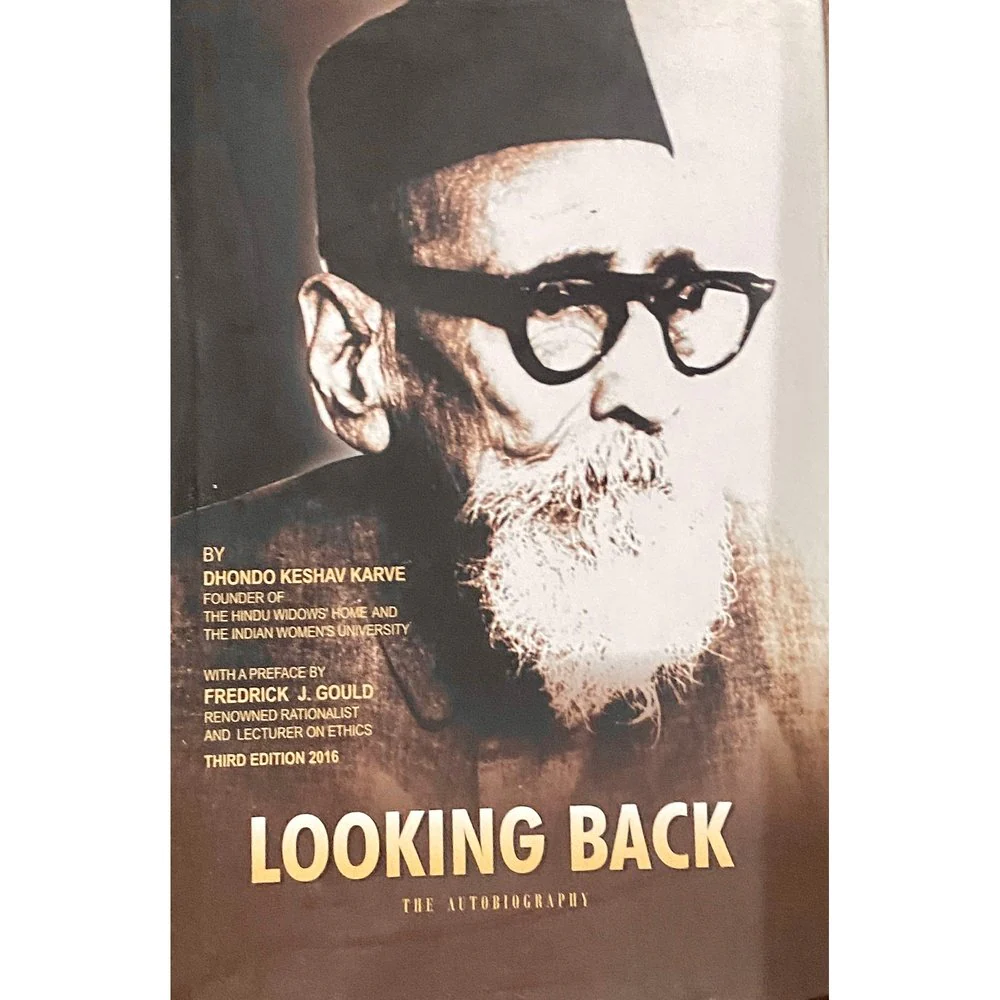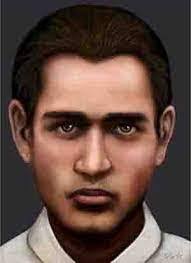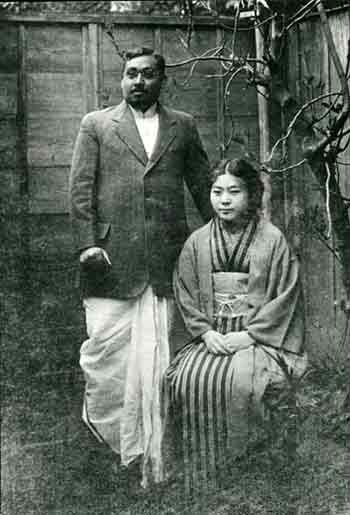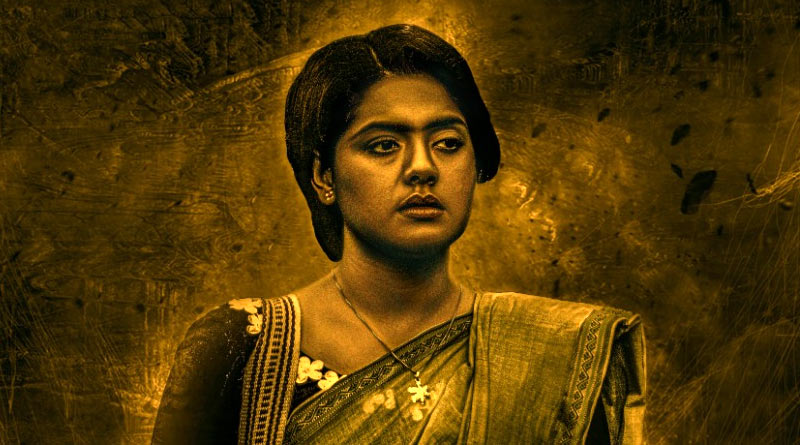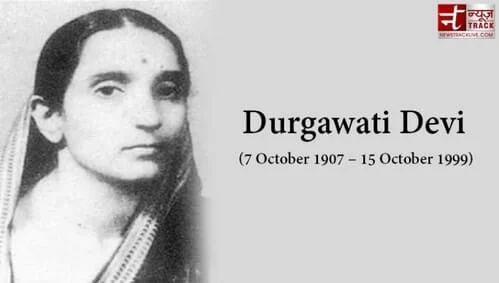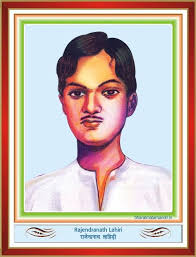Introduction: Dhondo Keshav Karve, fondly known as Maharshi Karve, was a prominent Indian social reformer and educator who dedicated his life to the upliftment of women and the promotion of education. His visionary efforts in advocating for women’s rights, widow remarriage, and female education left an indelible mark on Indian society. This article aims to explore the life, achievements, and enduring legacy of Dhondo Keshav Karve.
- Early Life and Education:
- Dhondo Keshav Karve was born on April 18, 1858, in Ratnagiri, Maharashtra, India, into a middle-class Brahmin family.
- Despite facing financial constraints, Karve pursued his education with determination and graduated with a Bachelor of Arts degree from Elphinstone College, Mumbai, in 1884.
- His exposure to Western ideas and social reform movements during his college years laid the foundation for his future endeavors in championing social causes.
- Advocacy for Women’s Rights:
- Inspired by the teachings of social reformers like Jyotirao Phule and Mahatma Jyotiba Phule, Karve became deeply committed to the cause of women’s empowerment and social reform.
- He actively campaigned against practices such as child marriage, sati, and the ostracism of widows, which were prevalent in traditional Indian society.
- Karve firmly believed in the importance of education as a means of emancipating women and enabling them to lead independent and fulfilling lives.
- Promotion of Widow Remarriage:
- One of Karve’s most significant contributions to social reform was his advocacy for widow remarriage, a taboo subject in conservative Indian society.
- In 1893, he married a widow named Godutai, setting a bold example and challenging prevailing social norms. Their marriage became a symbol of social progress and sparked discussions on the rights of widows.
- Karve’s efforts to promote widow remarriage were met with resistance from orthodox quarters, but he remained steadfast in his commitment to social justice and equality.
- Establishment of Institutions for Women’s Education:
- Recognizing the pivotal role of education in transforming women’s lives, Karve devoted himself to the establishment of educational institutions for girls and women.
- In 1896, he founded the Widows Home in Pune, which provided shelter, education, and vocational training to widows and destitute women.
- Karve also established the Hingne Stree Shikshan Samstha in 1916, which later evolved into the Maharashtra Seva Sangh, an organization dedicated to women’s education and social welfare.
- The Sharda Sadan and Karve’s Educational Legacy:
- In 1914, Dhondo Keshav Karve founded the Sharda Sadan, a residential school for widows and girls, with the aim of providing them with quality education and holistic development.
- The Sharda Sadan became a pioneering institution in the field of women’s education, offering courses in various subjects and empowering countless women to pursue higher studies and careers.
- Karve’s vision of providing education to women regardless of their social or marital status transformed the lives of generations of women and contributed to the progressive social change in India.
- Recognition and Awards:
- Dhondo Keshav Karve’s tireless efforts in the field of social reform and education earned him widespread acclaim and recognition.
- He was awarded the title of “Maharshi” (Great Sage) by Mahatma Gandhi in 1920, in recognition of his exemplary service to society.
- Karve was also honored with prestigious awards such as the Padma Vibhushan, India’s second-highest civilian award, in 1958, and the Bharat Ratna, India’s highest civilian award, posthumously in 1958.
- Legacy and Impact:
- Dhondo Keshav Karve’s legacy continues to inspire social reformers, educators, and advocates for women’s rights in India and beyond.
- His pioneering efforts in promoting women’s education, advocating for widow remarriage, and challenging social conventions have left an enduring impact on Indian society.
- Karve’s vision of a more equitable and just society, where women have access to education, opportunity, and dignity, remains as relevant today as it was during his lifetime.
Conclusion: Dhondo Keshav Karve, affectionately known as Maharshi Karve, was a visionary social reformer and educator whose contributions to women’s empowerment and social justice have left an indelible mark on Indian society. Through his tireless advocacy, establishment of educational institutions, and unwavering commitment to social reform, Karve transformed the lives of countless women and inspired generations to strive for a more equitable and inclusive society. His legacy serves as a beacon of hope and inspiration for all those who continue to champion the cause of gender equality and social justice.
https://kesariexpress.com/c-v-raman-the-scientific-legacy-of-bharat-ratna/

